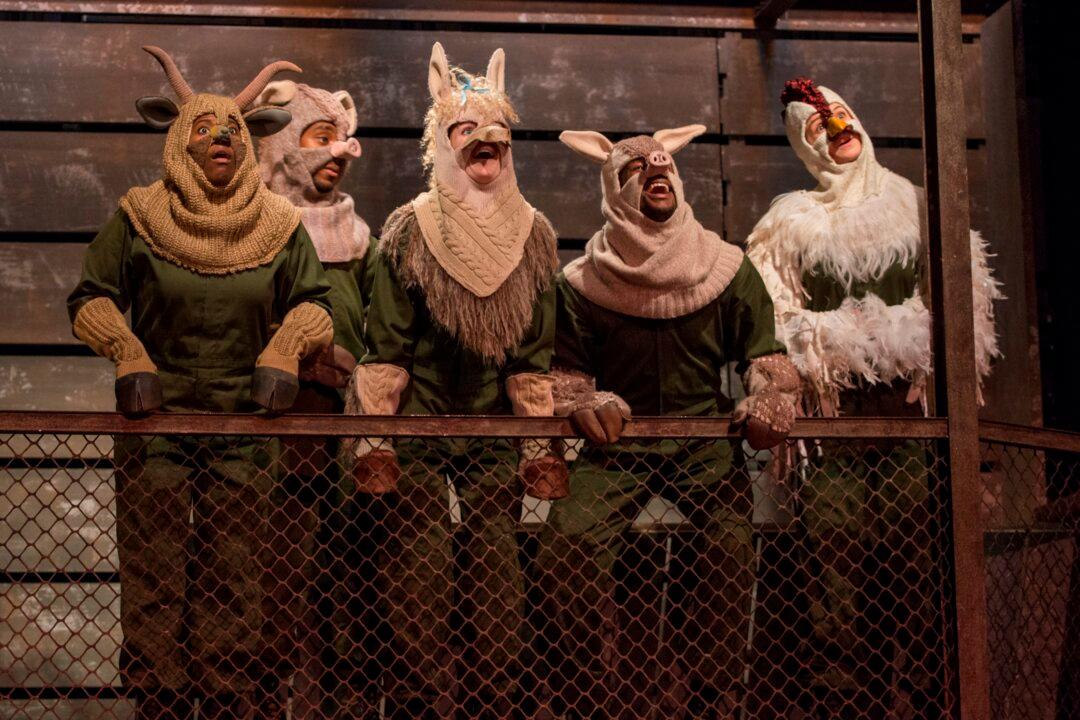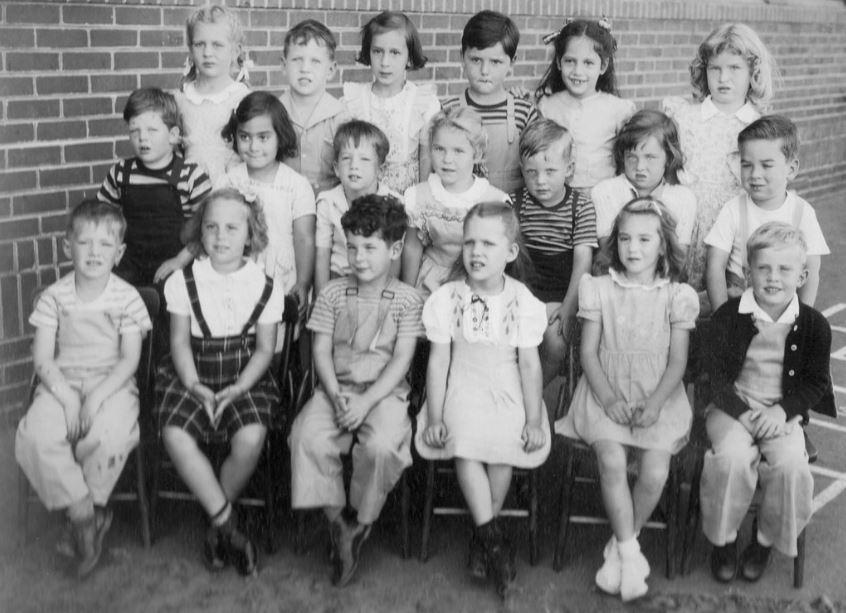Hello, my name is Emma and I’m a stay-at-home mother. Or ... no ... wait! I’m a work-at-home mother. Actually, it might be more accurate to say that I’m the chief executive officer of my home.
Whenever I try to tell people what I do with my life, I get tangled in semantic knots. There is always someone around to tell me I’m using the wrong wording.
Personally, I’m fine with calling myself a “stay-at-home mom.” After all, my primary occupation is the care of my children. But apparently many other moms disagree. Last year, The Federalist published an article condemning the use of the term “stay-at-home mom.”
I’ve noticed that “work-at-home mom” is gaining currency as an alternative. The idea is to emphasize the laborious side of the role. To me, that’s a bit silly. If someone is so delusional as to think I don’t work, then calling myself a “work-at-home mom” isn’t going to change their minds.
If I frame my role in terms of not having a full-time paying job, people often feel the need to tell me that my work is paid, but in the currency of love. Or they’ll point out how much money we would have to pay to someone else (a nanny, a chef, etc) to do the same work I do.
And then there are the many stay-at-home moms who eschew any kind of label connected to the home or motherhood. These days there are very few moms who earn $0 per year. They usually have some kind of “side hustle,” often a part-time version of their pre-babies career. So when these ladies are asked what they do, they talk about that work rather than their role as a mom.
Just a few days ago, I met a fellow mother and told her straight up that I am a “stay-at-home mom.” She, on the other hand, identified her job as her part-time work from home. Interestingly, subsequent conversation revealed we do similar amounts of paid work (and I mean work that’s paid in U.S. dollars, not “the currency of love.”)
Why is it so difficult to agree on a name for the category of women who devote the bulk of their time to the care of their children? We all know some stay-at-home moms. We’ve read about them in books. Thus, we all have a basic notion of what the role entails. It shouldn’t be that complicated to call it something.
There are probably many reasons. But at the very least it indicates that being a stay-at-home mom is frowned upon by popular culture.
According to a Pew Research Study, roughly 30 percent of mothers stay-at-home. That’s a lot. However, our popular culture denigrates their work at every opportunity. Think back on the media you’ve consumed recently. Is there a movie, TV show, or book from the last several decades that depicts a stay-at-home mother who is happy and contented? If you can think of an example, please leave a comment. I’d love to hear about it.
Popular culture is relentlessly negative about stay-at-home mothers. It crops up everywhere. I recently picked up a New York Times bestselling spy novel from 2012 called The Expats. The heroine, Kate, is a former CIA assassin turned stay-at-home mother. The author never misses a chance to emphasize how boring and full of drudgery Kate’s new role is. Take this gem: “Kate was increasingly convinced that she was never going to be a happy stay-at-home mom. If there was such a thing.” And this is from a book that’s mainly about espionage.
Is it any wonder some stay-at-home moms prefer not to be identified as such?
I can’t counteract the power of popular culture on my own. The only thing I can do is try to show—through my words and actions—that taking care of my kids full-time is meaningful and fulfilling work. The label “stay-at-home mom” is fine by me. I just wish more of my fellow moms were ready to back me up on that.
This post “The Profession that Dare Not Speak Its Name” was originally published on Intellectual Takeout by Emma Elliott Freire.




